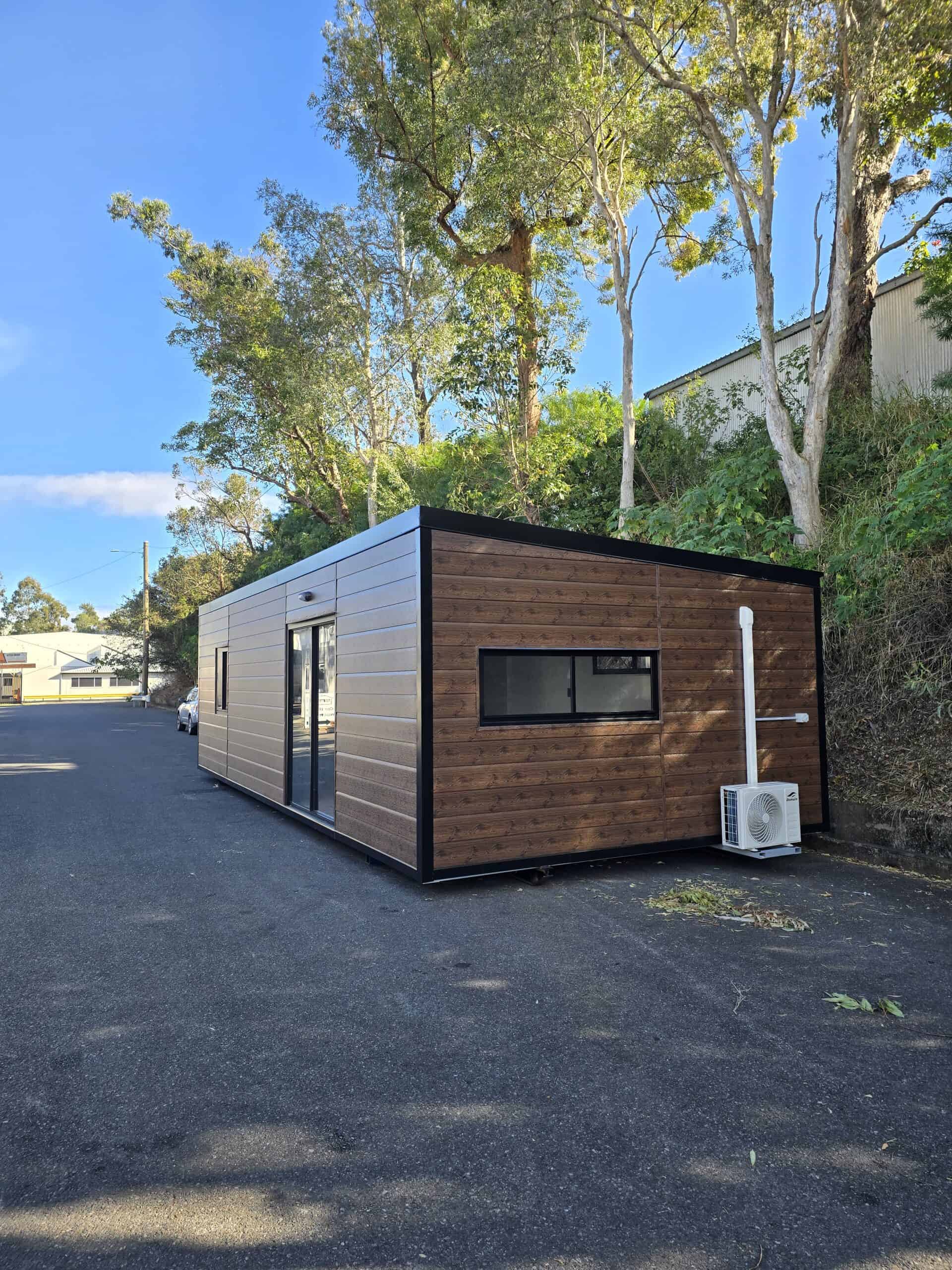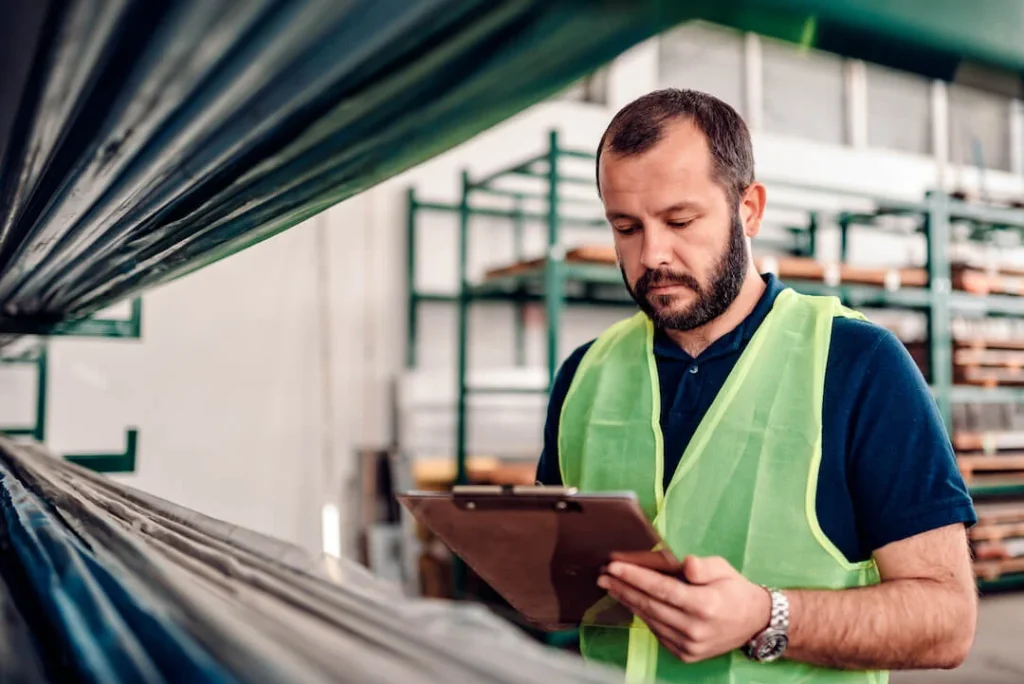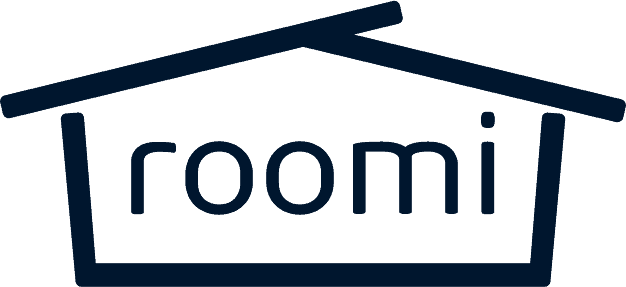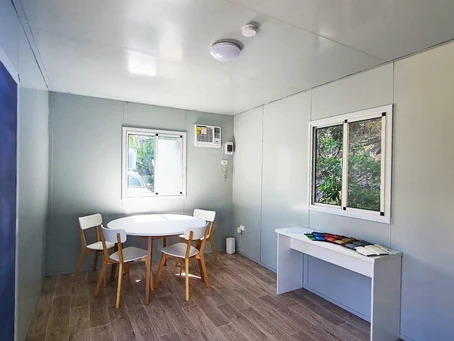Key takeaways
- Relocatable buildings and modular homes are cost-effective, flexible, and environmentally friendly.
- A modular house is built off-site and assembled on-site, reducing the time required for construction.
- Modular Homes provide high quality and durability due to controlled factory construction.
- Typical uses include family homes, offices, classrooms, and emergency housing.
- Costs in Queensland range from $100,000 to $300,000, excluding additional expenses.
- Factors affecting costs include size, design, materials, location preparation, and transport distance.
Relocatable and modular homes are becoming increasingly popular due to their affordability and versatility. If you’re considering a new home but are wary of the costs and hassles of traditional construction, relocatable homes might be the perfect solution.
Constructed off-site and transported to their final site, these modular homes offer numerous benefits, including reduced construction period, lower costs, and minimal disruption to the site.
This guide will cover the key advantages and benefits of relocatable buildings and modular homes, focusing on how they can be a smart choice for your next home project.
We will delve into cost savings, environmental benefits, quality control, and common uses, ensuring you have all the information needed to make an informed decision.

What are relocatable buildings?
Relocatable buildings, or modular homes, are constructed off-site in a factory and then transported to their final locality for assembly. Unlike traditional site-built homes, relocatable buildings are designed to be easily moved if needed, providing a flexible housing solution.
The homes consist of prefabricated modules built to the same standards as conventional homes but offer a more efficient and affordable construction process.
The key feature of relocatable buildings is their modular nature. Each module is constructed under controlled conditions, ensuring high quality and durability.
Once the modules are complete, they are transported to the building site and assembled into a finished home. This process significantly reduces the construction period and disruption on site compared to traditional construction methods.
Relocatable and modular homes are versatile and can be used for various purposes, including family homes, small flats, offices, and classrooms. They offer numerous benefits, making them an attractive option for those looking for a new home or an additional structure on their property.
Advantages of relocatable buildings and modular homes
Cost-effectiveness
Relocatable buildings and modular homes are known for being more affordable than traditional homes. Modular construction reduces labour costs and material waste, making them more economical to build.
The price of a modular home is typically lower than a conventional home. Additionally, because these homes are built in a factory, there are fewer delays due to weather, which can save time and money on overall construction time.
Flexibility and mobility
One of the biggest benefits of relocatable buildings is their flexibility. These homes can be customised to suit your needs and relocated if necessary.
This makes them an ideal choice for those who may need to move in the future or for families who want to add a granny flat or additional space without committing to a permanent structure.
Time savings
The construction process for relocatable buildings is significantly faster than traditional site-built homes. Since the modules are constructed in a controlled environment, weather conditions do not affect the process, resulting in a shorter construction time.
Environmental benefits
Relocatable buildings are often more environmentally friendly than traditional homes. The controlled construction process reduces waste, and many modular homes are built with energy-efficient materials.
This means that you are not only saving money on construction but also reducing your environmental footprint.
Quality control and durability
One of the standout features of relocatable buildings is the rigorous quality control during their construction. Built in a factory, these prefabricated homes undergo strict inspections at each stage to ensure they meet high standards.
This controlled environment also protects the building from weather-related damage, which can occur on traditional building sites.
The result is a durable, reliable structure that rivals traditional homes’ strength and longevity. Many modular homes use the same construction as conventional houses, ensuring you get a robust and high-quality home.

Typical uses of relocatable buildings and modular homes
Relocatable buildings are incredibly versatile and can serve various purposes, making them popular for different needs. Here are some common uses:
Granny flats and family homes:
These homes are perfect for adding extra living space to your property. Whether you need a place for ageing parents, adult children moving back home, or just more room for your growing family, relocatable buildings offer a practical solution.
Offices and commercial spaces:
Businesses can benefit from the flexibility and cost savings of relocatable buildings. They can be used as temporary offices, retail spaces, or even permanent business premises, allowing for quick setup and minimal disruption.
Classrooms and educational facilities:
Schools and universities can expand their facilities quickly and efficiently using relocatable buildings.
These buildings can serve as temporary or permanent classrooms, administrative offices, or special-purpose rooms.
Construction site accommodation:
For construction projects, relocatable buildings provide convenient and comfortable accommodation for workers. They can be easily transported to the site and set up quickly, offering a practical solution for remote or temporary job sites.
Emergency housing and disaster relief:
Relocatable buildings can be rapidly deployed to provide shelter and support in times of crisis. They offer a fast and effective solution for emergency housing, medical facilities, and command centres.
Recreational facilities:
From sports clubs to holiday parks, relocatable buildings can create recreational spaces.
They can serve as clubhouses, changing rooms, or accommodation units, providing flexible and affordable options for various recreational needs.
Cost of relocatable homes in Queensland
We offer an affordable alternative to traditional site-built homes. The prices of these homes vary depending on several factors, including size, design, and location.
Generally, the base price for a modular home in Queensland ranges from $100,000 to $300,000. This price typically includes the construction and transportation of the house. It does not include additional fees such as site preparation, service connections, and permits.

Factors affecting costs:
- Size and design: Larger homes with more complex designs will naturally cost more.
- Materials: The choice of building materials used can impact the cost. Higher-quality materials may increase the initial investment but can offer long-term savings.
- Site preparation: Preparing the building site can add to the cost, especially if significant groundwork or landscaping is needed.
- Services connections: Connecting utilities such as water, electricity, and sewage can vary in cost depending on the site’s location and existing infrastructure.
- Location and transport distance: The distance the modules need to be transported can affect the overall cost. Remote or difficult-to-access sites may incur higher transportation fees.
Additional costs:
- Permits and approvals: Obtaining the necessary permits and approvals can add to the cost. Check with local authorities for specific requirements.
- Customisation: Custom features and finishes can increase the cost. However, they allow you to tailor the home to your needs and preferences.
- By carefully planning and budgeting for these factors, you can make informed decisions and avoid unexpected expenses related to relocatable homes QLD prices.

FAQs
Relocatable and modular homes offer savings, flexibility in design and relocation, faster construction times, and environmental benefits due to reduced waste.
Construction of the modules in a factory typically takes a few weeks, and assembly on-site can be completed within days, significantly faster than traditional construction.
The main factors include:
- The size and design of the home
- The choice of materials
- Site preparation requirements
- Network connections
- The distance the modules need to be transported
A factory’s relocatable homes are built under strict quality control conditions, ensuring high standards and durability. They use the same materials as traditional homes, providing reliable and robust structures.
Relocatable homes can be customised in size, layout, finishes, and features to meet your specific requirements and preferences.
In addition to the base price, you need to budget for site preparation, permits and approvals, network connections, customisations, and transportation of the modules.
Benefits table
Benefit | Description |
Cost savings | Relocatable and modular homes are generally cheaper due to reduced labour and material waste. |
Flexibility | Homes can be relocated and customised to fit various needs. |
Quick construction | Building and assembling are faster than traditional methods, reducing overall construction time. |
Environmental impact | Factory construction minimises waste and reduces environmental impact if energy-efficient materials are used. |
Quality control | A controlled factory environment ensures high standards and durability. |
Minimal site disruption | Off-site construction means less disturbance at the building location. |
Our relocatable homes offer a hassle-free solution for families and businesses looking for high-quality, affordable housing options. We're proud to provide a product that is not only more affordable but also environmentally friendly.
At Roomi, we believe in making the process of getting a new home as simple and stress-free as possible. Our modular homes are built to the highest standards, ensuring our customers receive a durable and beautiful home that meets all their needs.
How to guide
- Assess your needs:
- Determine the purpose of the relocatable building (e.g., granny flat, office, classroom).
- Consider the size, design, and features that best suit your requirements.
- Budget planning:
- Estimate the total cost, including the base price, site preparation, connections, and permits.
- Plan for any additional fees, such as customisation or higher-quality materials.
- Choose a reliable provider:
- Research and select a reputable provider with experience in relocatable buildings.
- Check reviews and ask for references to ensure quality and reliability.
- Design and customisation:
- Work with the provider to design your relocatable home. Customise features to match your needs and preferences.
- Ensure the design meets local building codes and regulations.
- Site preparation:
- Prepare the building site by clearing any obstacles and ensuring a stable foundation.
- Arrange for necessary site connections such as water, electricity, and sewage.
- Permits and approvals:
- Obtain all required permits and approvals from local authorities.
- Ensure all legal requirements are met to avoid any delays or issues.
- Construction and delivery:
- The modules of your relocatable building will be constructed in a factory.
- Once completed, they will be transported to your site and assembled.
- Final inspections and move-in:
- After assembly, conduct a final inspection to ensure everything meets your expectations.
- Move into your new relocatable home and enjoy the benefits it offers.
Your future home awaits
Relocatable buildings offer a practical, cost-effective solution for various needs, from family homes and offices to classrooms and emergency housing.
They provide flexibility, faster construction times, and environmental benefits that traditional site-built homes can’t match.
Whether you’re looking to add a granny flat, expand your business space, or find a quick housing solution, relocatable buildings can meet your needs efficiently and affordably.
Start your journey with Roomi today
Are you ready to explore relocating buildings or moving to a modular home?
Contact Roomi today to learn more about our range of modular homes and how they can provide a cost-effective and flexible solution for your housing needs.

